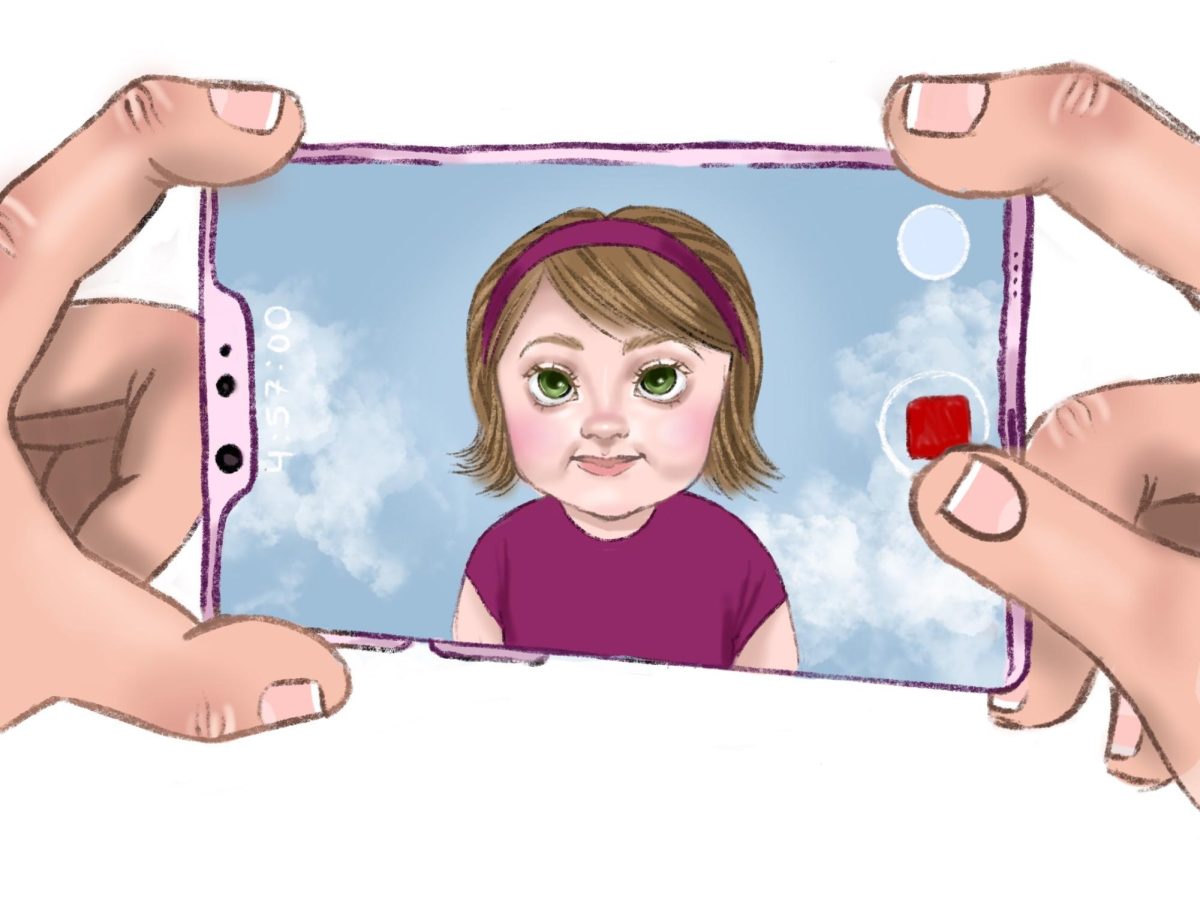Remember middle school? For juniors and seniors, that place might be long-forgotten by now, but I want you to try to think back. Maybe what comes to mind first are a couple of those inept teachers, or maybe it’s the school police officer who always held his hand a little too close to his gun’s trigger. But try to remember a different element of that long-forgotten place: middle school dating.
Middle school dating can be summed up with one word: awkward. It began with a girl coming up to you in lunch, and telling you that her friend liked you. Then, shaking and heart pounding, you’d find the girl and ask, “Do you want to go out with me?”
You weren’t actually asking her out on a date. Rather, this ambiguously phrased question was asking her if she wanted to be considered your girlfriend (which I assure you was not a big commitment).
For all that awkwardness, the one thing that middle school dating offered was simplicity; you always knew where you stood with a girl. Either you were her “boyfriend” (basically you hug her when you see her in the hall), or you weren’t.
Now in high school, however, dating has gotten more complicated. At any given time in a high school relationship, there are multiple ways to label a relationship. There are hook ups, “things”, actual relationships and a multitude of possibilities in between. At any moment, either person involved may not know what to label their relationship.
So why did relationships suddenly become more complicated? The answer is simple: middle school relationships were a joke, but high school relationships can actually be serious and possibly even long-term. The complication and uncertainty of high school relationships is the result of people avoiding serious or long-term relationships.
In an Oracle-conducted survey of 230 students, many students had a common definition of a “thing”. Students largely agree a “thing” is, as stated by one junior, “hooking up consistently but not having it mean anything significant.”
Based on the surveys and personal observation, I’ve concluded that “things” are a way of avoiding actual relationships. The benefit of a “thing” is that they offer an escape from those fearful beings called girlfriends, yet still have the fun of a relationship.
And why exactly are people afraid of relationships? It can be hard to say when there is so much to fear.
For one, all relationships end in break ups and heartache— well not all, but they either end in break ups or marriage, and I’d take the former anyway. Second and more importantly, serious relationships are both time- and money-consuming. It’s bad enough you’re going to have to spend two hours taking your girl to see Twilight, but you’re going to have to pay for the tickets too.
So, instead of being in a real relationship with responsibilities, many choose to walk a gray line between friends and couple. Whether you call it a “thing”, “booty call” or “friends with benefits”, it all means the same thing: you’re doing similar things that boyfriends and girlfriends do, (hook up, text a lot, get angry when you see someone flirting with your guy), but you’re doing it without a binding commitment.
The problem with this wonderful time and money saving scheme though, is that it brings with it a lot of uncertainty. Often one person may not know the nature of the relationship, which can lead to awkward situations.
Because there is no title given to the relationship, it can be hard to end it. If you were never actually going out, how can you break up?
Thankfully, there is one tool that can be used to clarify everything. I am of course talking about Facebook.
With relationship status updates, profile pictures and wall posts, Facebook allows you to express the condition of your love life. You can also end relationships publicly by changing your official status from “it’s complicated” to “single” (few of the many options for relationship status).
This route is seemingly becoming more popular but it brings its own set of problems.
In the same Oracle-conducted survey, 57.8 percent said that they or someone they know has been broken up with over social networking sites, which I found incredibly alarming.
Conducting such personal events of your social life over the Internet is not recommended. Not only is it extremely rude to break up with someone over the Internet (or any way other than in-person), but also it’s extremely awkward.
I can remember one case in particular where I witnessed the drama of a break up completely through reading 56 comments on a single picture. Although I admit I found it slightly amusing, I was mostly mortified for the two people. The conversations they had were extremely personal and I, who was not close with either party, was able to read it all.
The truth is that there is no easy solution to clarifying the area between friends and relationship except by choosing one or the other. “Things” can be fun, but they may not always be as easy and heartache-free as one would expect. If you choose this route for your relationships, I commend you but offer one bit of advice: be careful while walking the gray line.







